26 Ene Overload? Learn to say no
We all know that most interpreters are perfectionists and after a particularly taxing year like 2021, we may feel symptoms of overload. Of course, many of us will probably not even dare to mention this, because it makes us sound and look weak before our peers. After all, being language superheroes means the machine has to go on running.
It is clear overload is one of the three causes of burnout, so let’s be kind to ourselves and set limits to both our personal and professional goals. Overload is the result of pushing yourself to exhaustion. Don’t be bullied into doing more than you can. Your coping mechanisms have a limit and so do your strength and stamina. Please also be aware of tell-telling signs: inexplicable tiredness, short-temperedness, complaining about work, life, colleagues, clients and practices that seem to hold you back and boycott your goals.
Most of the time, this is not happening. So, try to look at things from a distance and be fair with yourself. It is about seeing the big picture. Adopt good practices that will make you feel better. Start by:
Tips to alleviate work overload

- Setting reasonable goals. Be realistic about your capacity and schedule. Calculate what it will take to complete a project before you commit. Learn to say no graciously. A no in time saves nine embarrassments! Anticipate what additional resources or help you may require, and ask for them before you need them. There is always someone ready to give you a hand, just like you do when others come to you for support. Remember: asking for help is a sign of strength, not weakness.
- There are no problems, only solutions. Focus on them. Even if you are right and your conclusions are valid, chronic complaining will only darken your mood and drive people away. After lockdown, we are all well versed in toxic and pessimistic behaviours. Take a break and go for a short, brisk walk. When you return, review the situation or challenge from a distance, and think of constructive alternatives to propose and move forward.
- Review your accomplishments. Once a week, make a list of your significant victories and their importance. They may just be actions like reading for ten minutes a day, shadowing for 2 minutes a day or finding the best equivalent for a particularly difficult term/phrase to interpret. Relive the time you shone or had a particularly good day at work. Remember there are more good than bad days! Don´t brood over the bad ones!
- Work on your personal life. Excessive hours at your desk or in front of your laptop could be a sign that you’re trying to compensate for shortcomings in other aspects of your life. Engage in spiritual or mental relief practices that help release the stress in your life, strengthen your relationships, and take up a hobby or an open-air sport. Take short breaks regularly, just get up from your chair, open a window and breathe some fresh air.
You are your best asset. You are worth every second you invest in yourself. Always.




No Comments